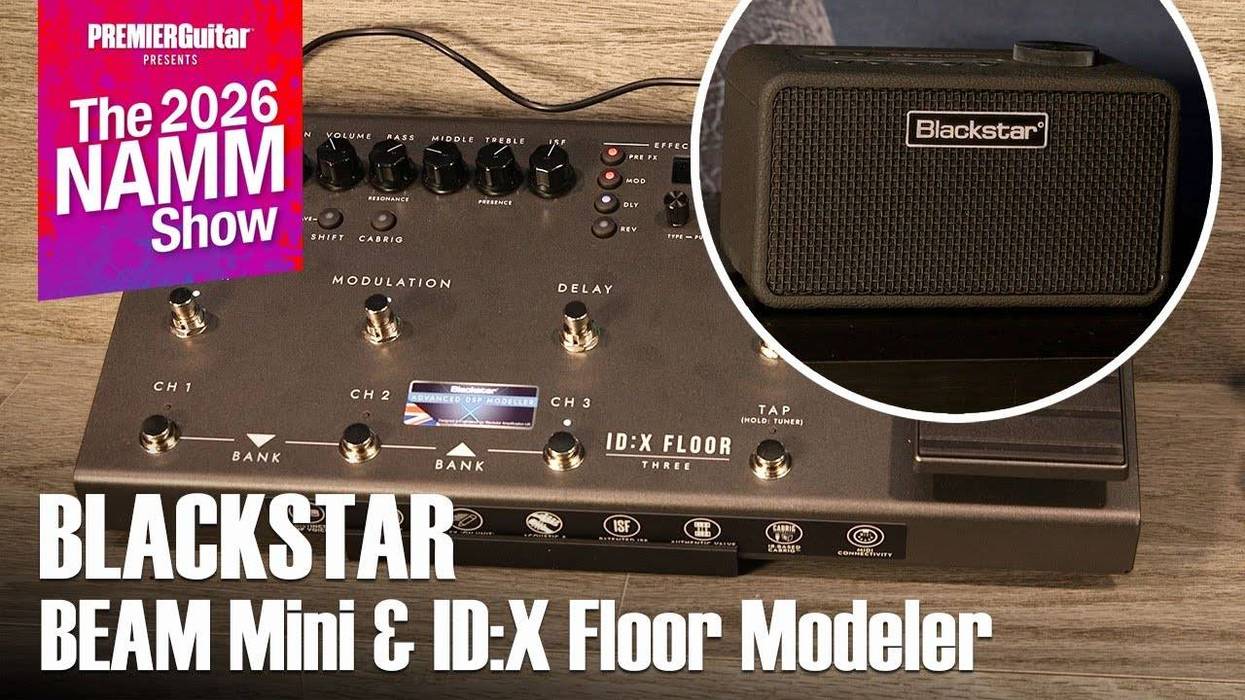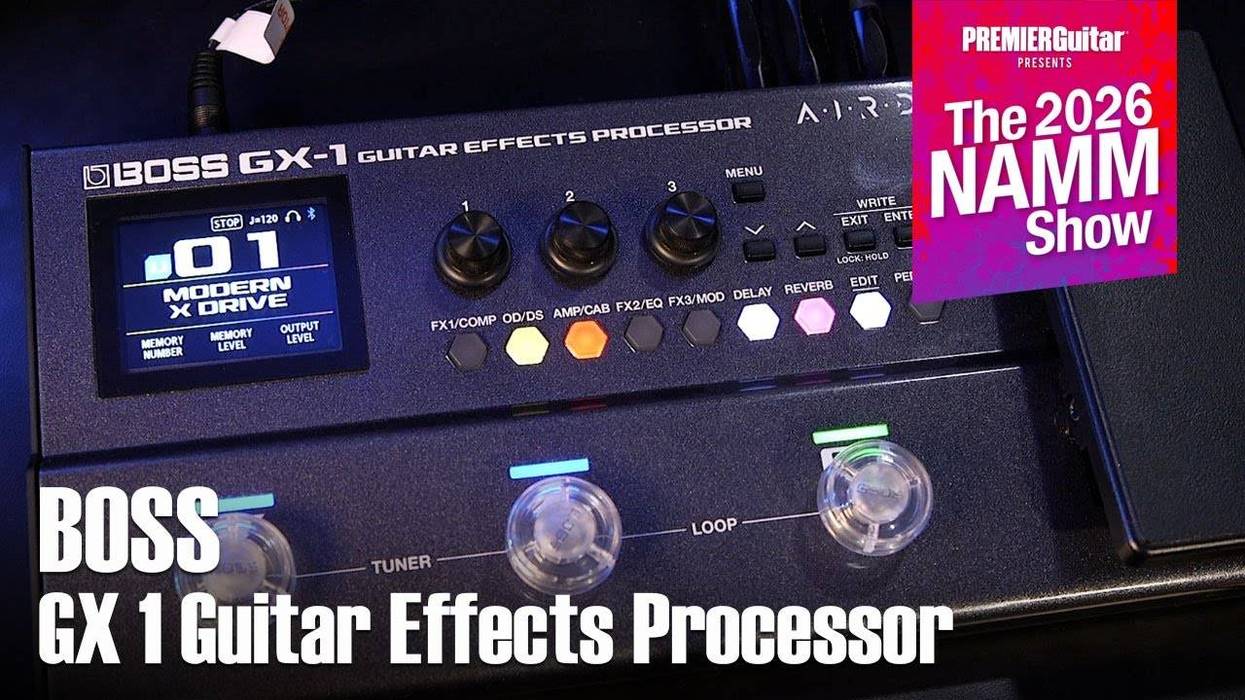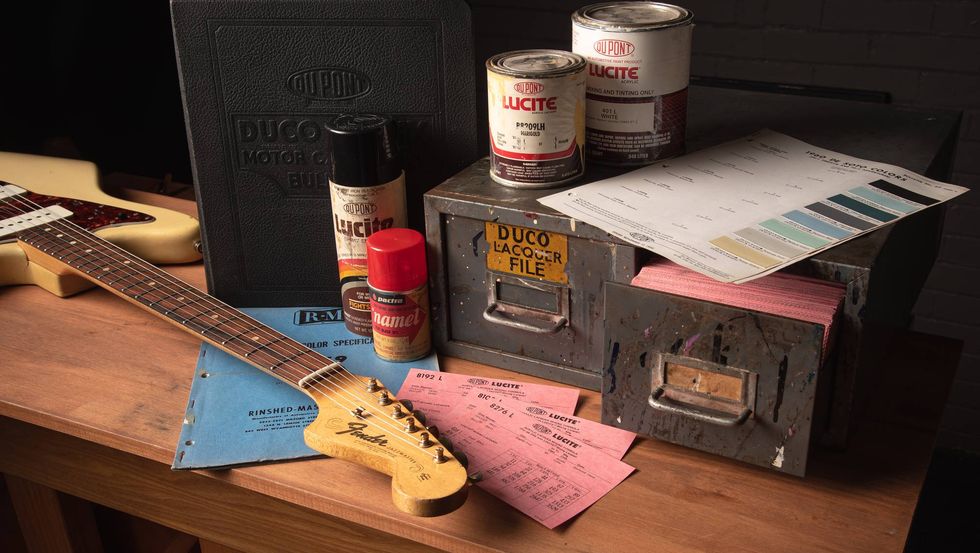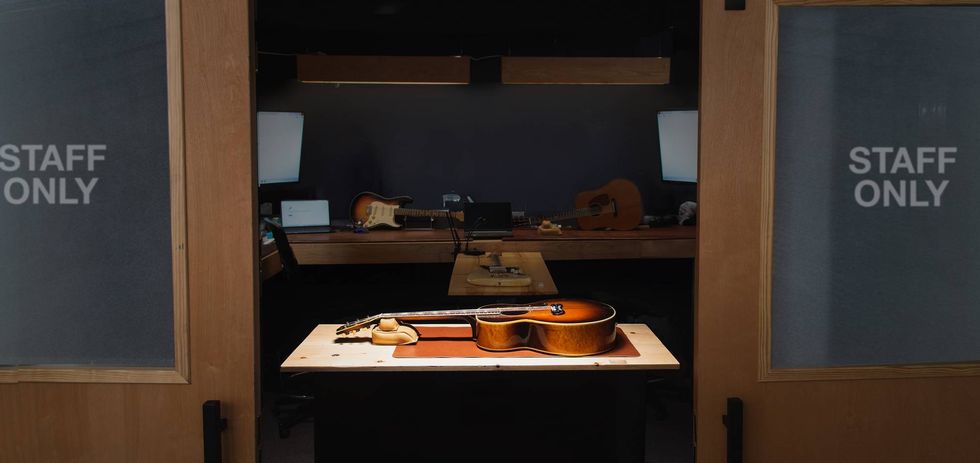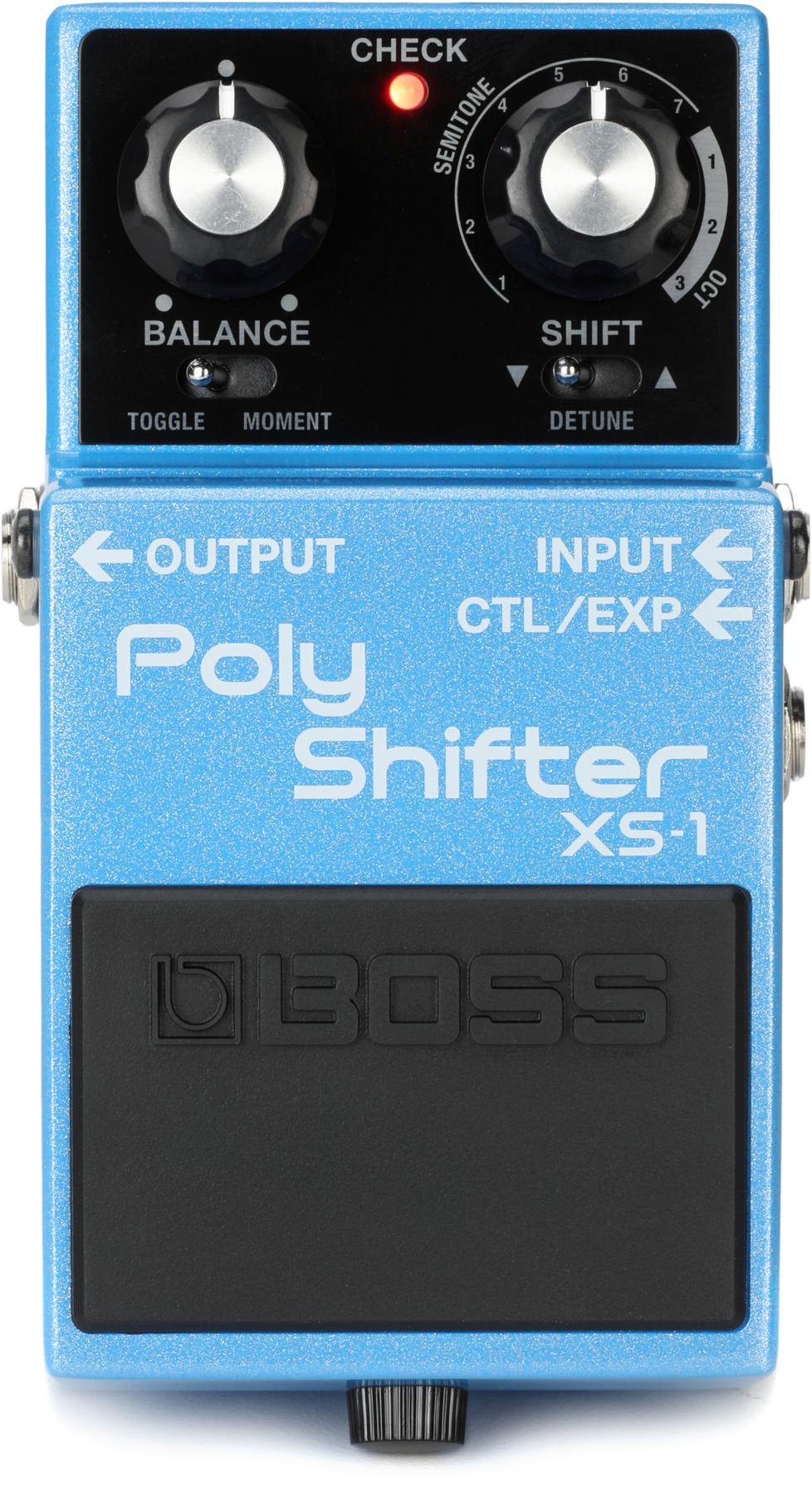The straw that broke the
camel’s back came with the
click of the mouse. An extremely
opinionated and vocal customer’s
judgment had been holding
sway over the discussions in our
marketing meetings for over a
month. On a hunch, I did a
little research to see what his credentials
were. It didn’t take too
long and his online post said it
all. “Thinking of getting a P-90
guitar,” he boasted. “Should I
worry about the hum?” I could
have been angry, but all I could
do was laugh. A roomful of
professionals who should have
known better were being held
hostage by a neophyte.
In the 21st-century business
world, company marketers prowl
the internet sniffing for ideas. For
them, the only thing as bad as
making a poor decision is missing
a trend. But marketing to trends
is like shooting at a moving target—by the time you get there,
the opportunity is gone. Fads
move quickly, so it’s important to
develop a good sense of detecting
if something is just a flavor-of-the-month in order to stay away
from hanging your career on it.
This is true in both the business
of making guitars and the business
of making music.
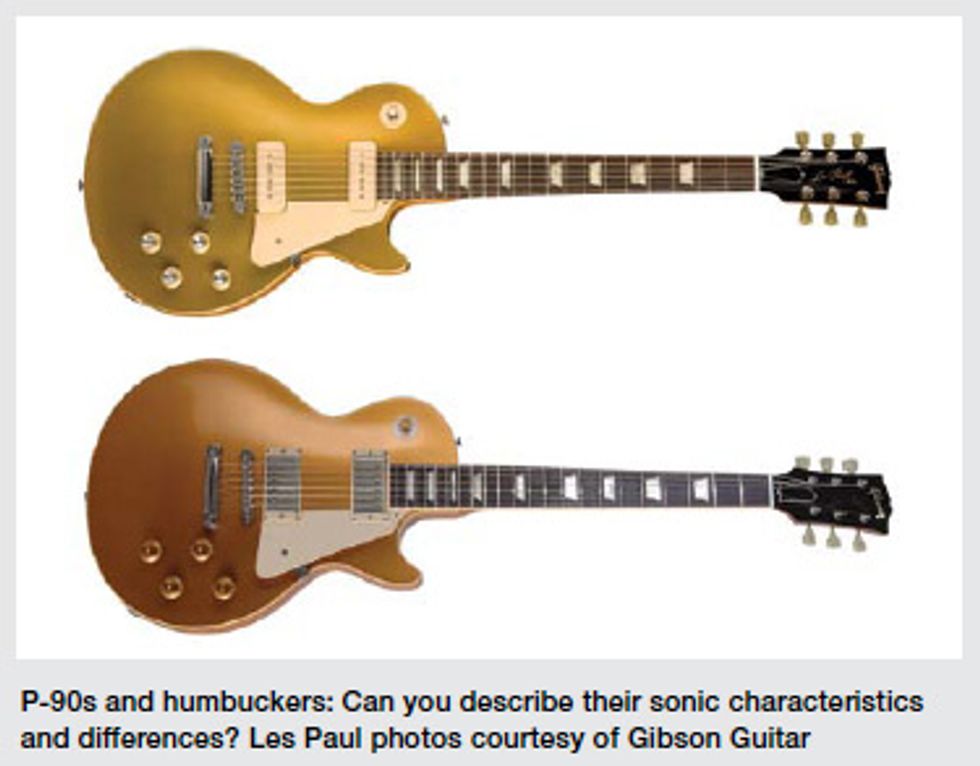
At the corporate level, decision makers like to see statistics in order to feel comfortable before pulling the trigger on a project. Executives tend to ask others for their opinion and often go with the majority. Companies poll the public directly now through social media strategies. “The customer is always right” isn’t a new mantra, but in the age of group sourcing, it has been taken to an all-time high. When you use the internet for research, it can be dangerous. The web has given voice and weight to the opinions of bedroom jammers and seasoned professionals, but there is often no way of determining one from the other.
The same kind of thinking buried the American car companies. When polled in focus groups, the US public said they wanted vinyl-clad landau roofs and hubcaps, while the European and Japanese companies were fitting their cars with independent suspensions, alloy wheels, and disc brakes. That was over three decades ago and Detroit is still trying to catch up. Good, bad, or indifferent, music instrument makers tout their latest and greatest with fervor and conviction. Will a new gizmo take your music to a new level? How does a consumer separate useful information from hyperbole?
Consider the source. The story about wisdom is that it takes roughly ten thousand hours of application on a task to be considered an expert on any subject. I’ll save you the math and let you know that’s 20 years of 40-hour weeks with no time off for vacations or holidays. I’m not saying this level of experience is needed to have a worthwhile opinion on the noise level of a P-90 versus a humbucker, but it does give you some pause for thought. The takeaway is that I’d respect the views of a seasoned pro tech before that of a chain-store guitar salesman.
It’s the economy. Things are tough and builders large and small are feeling the pinch. Anything that gives them a perceived advantage in the marketplace could mean the difference between success and failure. Is a product’s selling point something that actually makes music better? Does it solve a real problem? If a feature is a solution to a problem that doesn’t exist in the practical world, why is it better? If you need help determining what is a real problem, consult an expert. When in doubt, I always apply the principle of WWJP: What would Jimi play?
Examine endorsements. We live in a wonderful time for choice. There are lots of great products out there and many of them can get the job done. When someone you admire lends his or her name to a product in an advertisement, you should immediately wonder why. Read interviews and look at live photos and videos to see if an endorsed product is actually being used. This can be tricky because some musicians will use fake cabinets or amp heads in their backline to satisfy endorsement commitments. I’ve actually had artists stick another brand’s logo on a guitar that I had built to do just that. If a big-name artist endorses a small company, it probably isn’t about money, but if they endorse a legendary product it might be about pride. The best and most honest endorsement is one where the spokesperson isn’t being paid to endorse and they don’t appear in ads at all.
Determine the motivation. Engineers and designers are just as bad as marketing people when it comes to championing an idea that no one needs. Just because the technology allows something doesn’t mean it should be done. CNC machining is resulting in some pretty complex and contoured instruments, but I’m not convinced that it’s an improvement. I’ve never been a fan of super-tech on guitars, but microprocessor- driven effects switching is pretty useful. When a guy from the aerospace industry crosses over to music, the results might be mixed. Just because Lexan makes a great fighter jet canopy doesn’t mean it will sound good on a guitar. I do like the way those Dan Armstrong guitars look though.
There is a flip side to all of this—great new products can get killed off too. Just as you should be wary of exaggerated claims, realize that sometimes good ideas get a bad rap. When the shoe is on the other foot, comments made against a product online might be merely a territorial spat. We all get very protective of our individual product choices. Just remember it’s not a zero-sum game. Just because your choice is good for you, it doesn’t mean my choice is wrong. Nothing beats real world experience with products in the kind of situations you’ll be facing with your purchase. That’s where that expert opinion can save your camel’s back from being broken.
 Jol Dantzig is a
noted designer, builder,
and player who co-founded
Hamer Guitars,
one of the first boutique
guitar brands, in 1973.
Today, as the director of
Dantzig Guitar Design, he continues to
help define the art of custom guitar. To
learn more, visit guitardesigner.com.
Jol Dantzig is a
noted designer, builder,
and player who co-founded
Hamer Guitars,
one of the first boutique
guitar brands, in 1973.
Today, as the director of
Dantzig Guitar Design, he continues to
help define the art of custom guitar. To
learn more, visit guitardesigner.com.







